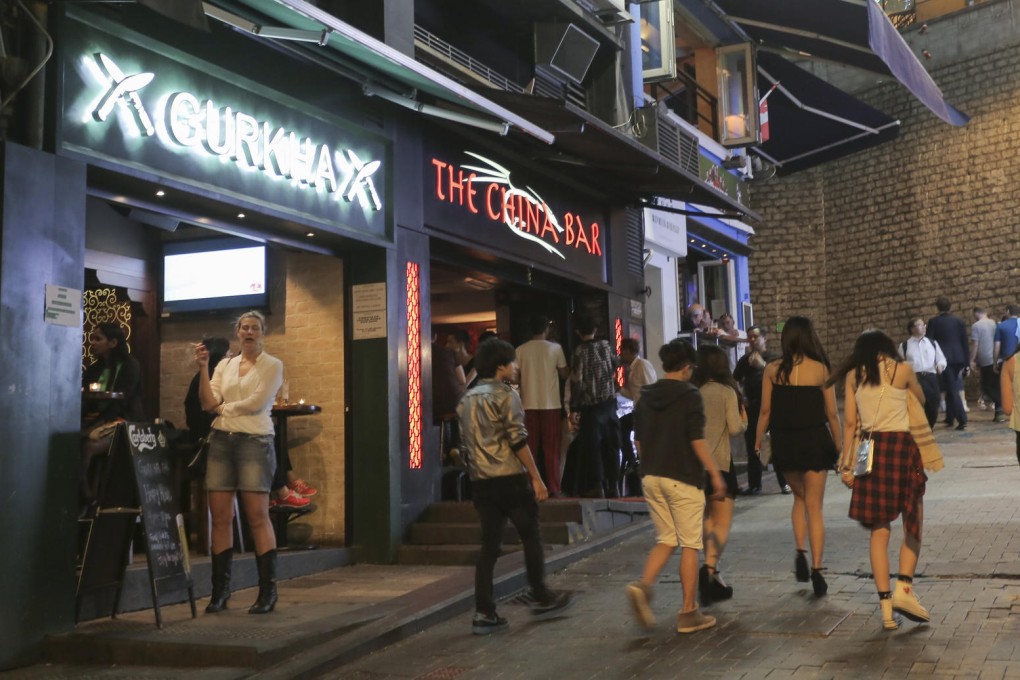
I refer to the article in Lai See by Howard Winn, "Lan Kwai Fong bar owners step up campaign against 7-Eleven" (January 22). He is not happy about it because he sees it as unfair competition.
It is rather beyond me why requiring convenience stores to get licences will make it fairer. Perhaps it is fairer as far as licensing requirements are concerned, but it is only a fairness issue for the sellers, not the consumers.
It leaves me wondering why Winn is so concerned about protecting the bars' interests, rather than the consumers'.
As a consumer, I am certain Lan Kwai Fong's bars will continue to charge a high premium for their drinks, irrespective of whether convenience stores need to bear the cost of getting a licence.
The bars in Lan Kwai Fong operate almost like a cartel. It is expensive everywhere in that area. If they succeed in driving the convenience stores away, there will simply be more overpriced bars in that area. Drinks will not become more affordable simply because the cheaper outlets disappear.
Competition is a good thing in general as it keeps a check on prices. Whether convenience stores should be required to get a liquor licence is not the real issue here; the commercial interests of the bars is what's at stake. They just cannot stand the competition offered by alternative outlets who do business in a different way.